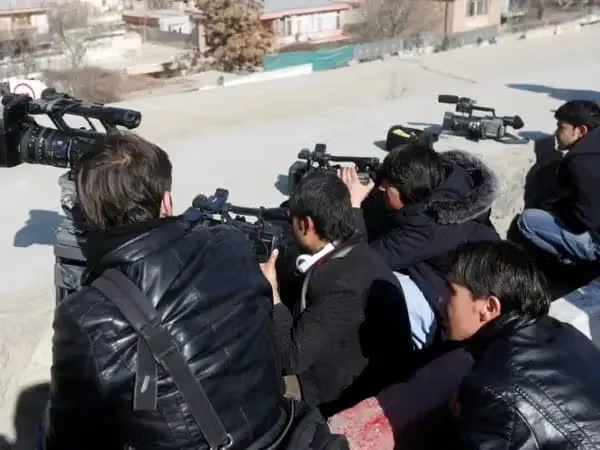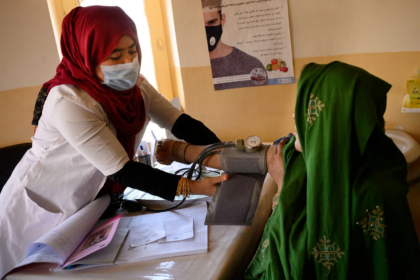RASC News Agency: The fate of dozens of exiled Afghanistani journalists in Turkey is hanging by a thread, as the country edges closer to enforcing mass deportations of vulnerable asylum seekers who fled Taliban persecution. The Center for Free Expression has issued a stark and urgent warning, calling on international institutions, human rights bodies, and democratic governments to take immediate action before lives are irreparably lost. In a statement released this week, the Center disclosed that at least 50 Afghanistani journalists many of whom escaped Taliban-controlled Afghanistan after the regime’s violent seizure of power in August 2021 are now on the brink of being forcibly returned to a homeland where their safety cannot be guaranteed. The Center condemned these deportation threats as a potential death sentence for media professionals who have long stood on the frontlines of truth-telling and democratic resistance.
Among the 50 at-risk journalists, ten have reportedly lost their legal residency status and now exist in a state of legal purgatory, vulnerable to immediate arrest and removal. Meanwhile, twenty others have received formal deportation notices from Turkish authorities, despite the fact that several have already been recognized by the UN High Commissioner for Refugees (UNHCR) as individuals in need of international protection. These developments have triggered alarm across human rights circles, who fear that Turkey’s tightening asylum policies may be influenced by its increasing diplomatic proximity to the Taliban regime. The Center’s statement underscored the intolerable psychological and economic toll of this uncertain and perilous existence. “These journalists are not merely asylum seekers they are survivors of a repressive regime that criminalizes journalism, silences dissent, and views independent reporting as treason,” the Center stated. “Returning them to Taliban-controlled territory is not repatriation it is rendition into the hands of their persecutors.”
The humanitarian crisis is compounded by the Taliban’s takeover of Afghanistan’s diplomatic missions in Turkey, including the Embassy in Ankara and the Consulate in Istanbul. These institutions once lifelines for Afghanistani nationals abroad have now become instruments of Taliban control. With the Taliban now manning consular offices, exiled journalists are effectively stranded, with no access to basic bureaucratic services such as passport renewals, birth registrations, or legal support. This has rendered their legal identities precarious and their futures profoundly uncertain. The Center for Free Expression has formally appealed to the United Nations, the European Union, and Western governments to halt all deportation proceedings immediately and to prioritize the resettlement of these journalists in countries with the legal, moral, and institutional frameworks to offer them protection. “The international community cannot remain a silent witness to a slow-motion humanitarian collapse,” the Center warned. “The moral burden lies with those governments that claim to uphold press freedom, human rights, and the rule of law.”
In its concluding remarks, the Center emphasized the urgent need for comprehensive humanitarian support, including legal aid, trauma-informed psychological services, emergency housing, and access to healthcare. It argued that these measures are not just acts of compassion, but essential responsibilities in defending the freedom of the press from the authoritarian grip of regimes like the Taliban. “The world must recognize that the Taliban’s war on journalism does not stop at Afghanistan’s borders,” the statement declared. “Every act of abandonment by the international community is an endorsement of that war. We urge immediate, coordinated, and courageous action before it is too late.”






